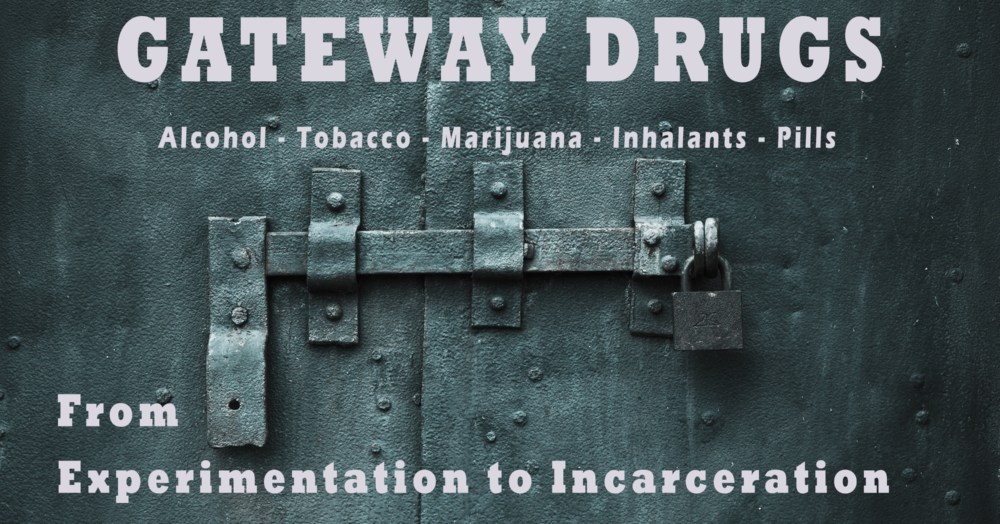How Does a Parent Support a Grieving Teen?
by Dawn Hall-James, Behavioral Health Unit of Hunt Regional Healthcare
& President of DFG Board of Directors
In my eyes, teens and death do not mix, but it happens more than we know. Before my son died, two of his friends died. And it was very hard for him to understand why his friends had to die, he just didn’t understand. My son had such a hard time when his father passed away that he even found it harder to deal with his friend’s death. It was very hard and he turned to drugs and alcohol which is the worst thing to do. Children turn to those to take away the pain and it only causes more pain to your child and you.
It’s so hard for we parents to see our children in so much pain. We want to take their pain away and make it all better, but we can’t. As much as it hurts us, we have to let our children grieve for their friend; it’s a part of their growth. They have to learn to experience it and know how to deal with their grief. And you have to remember that everyone is different in how they deal with grief. Be patient with your child. How we as adults deal with grief has an effect on the way our child reacts to death. Sometimes we don’t want to talk about the death to try to spare them some of the pain and sadness they will experience. However, the reality is our children grieve anyway. Our children need us to confirm that it’s all right to be sad and to feel upset when someone they love dies. They also need help to understand that the sadness they feel now won’t last forever, but it sure hurts now. When we try and ignore their emotions they may suffer more from feeling isolated and that we are not there to help them. They may even feel all alone in their grief. Then they could make the mistake of turning to drugs/alcohol to help dull the pain. Or they may even commit suicide so they don’t have to deal with anything.
Be there for your child; let them express how they are feeling about how their friend died. Whether it is from natural causes, drugs, alcohol, whatever the case may be; let them talk. This opens the door to communication with your child that could save their life.
Have your child talk to their peers that knew their friend, it helps children to comfort each other. Encourage them to write in a journal, create a memory box or a photo album to help them remember that person. Be there emotionally for your child and be honest. Sometimes we as parents forget that we don’t know all the answers and it’s ok to share your feelings with them.
Also watch your child; it can still be difficult for your child to deal with the death. They may behave in ways that seem inappropriate or scary. Watch for:
- depression, not sleeping, low self esteem
- grades dropping or lack of interest in school activities
- changing relationships with family and friends
- behaviors such as drug and alcohol abuse, fighting, and sexual experimentation
- denying pain while at the same time acting strong or mature
To help your child who is having a hard time with their loss find a school counselor, someone in your community, your church or maybe a private counselor. These are appropriate resources for some young people, while some may just need a little time and attention from their loving parents like you. I know I have learned from my experience with my son that if that day comes again, I am prepared for my daughter to deal with her grief. The important thing is that you help your grieving child find a safe and nurturing way to help them through this difficult time.
